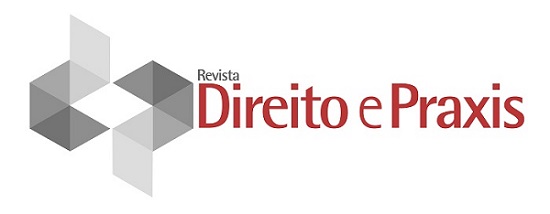Abstract
Amidst the crisis of ideologies and traditional conceptions about the state, liberal communitarianism develops an original political approach. Its central proposition is that a good society requires a balance between State, community, and market, rejecting both the minimal state and state-centrism. The present text seeks to answer the question: what elements are central to liberal communitarian theory in approaching the role of the State and its relations with the community and the market in contemporary societies? According to the exposition, the aspects that distinguish the communitarian formulation are: (i) the empirical analysis of the State has as its ethical-political reference the concept of the good society; (ii) democracy requires a responsive State, sensitive to the voice of communities; (iii) conversely to the politics of neutrality, the State is committed to a limited set of core values; (iv) the State fulfills fundamental functions, but, either strong or weak, its functions are always limited; (v) the fulfillment of collective needs and the common good requires a balance between State, community and market; (vi) to ensure peace in international relations requires the perspective of basic security, with the global political community as a horizon. The communitarian theory, which presents itself politically as a third way, brings relevant contributions to understanding current State dilemmas and examining future perspectives. The research technique is bibliographic.
Keywords:
Liberal communitarianism; Good society; Community; State; Market
